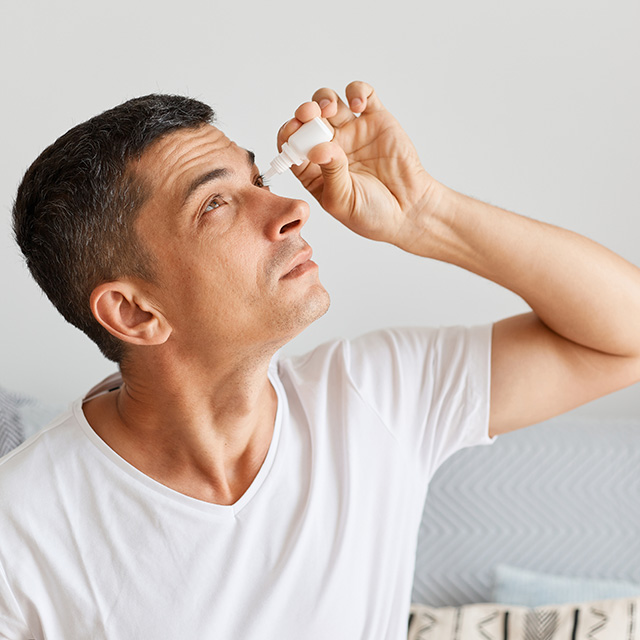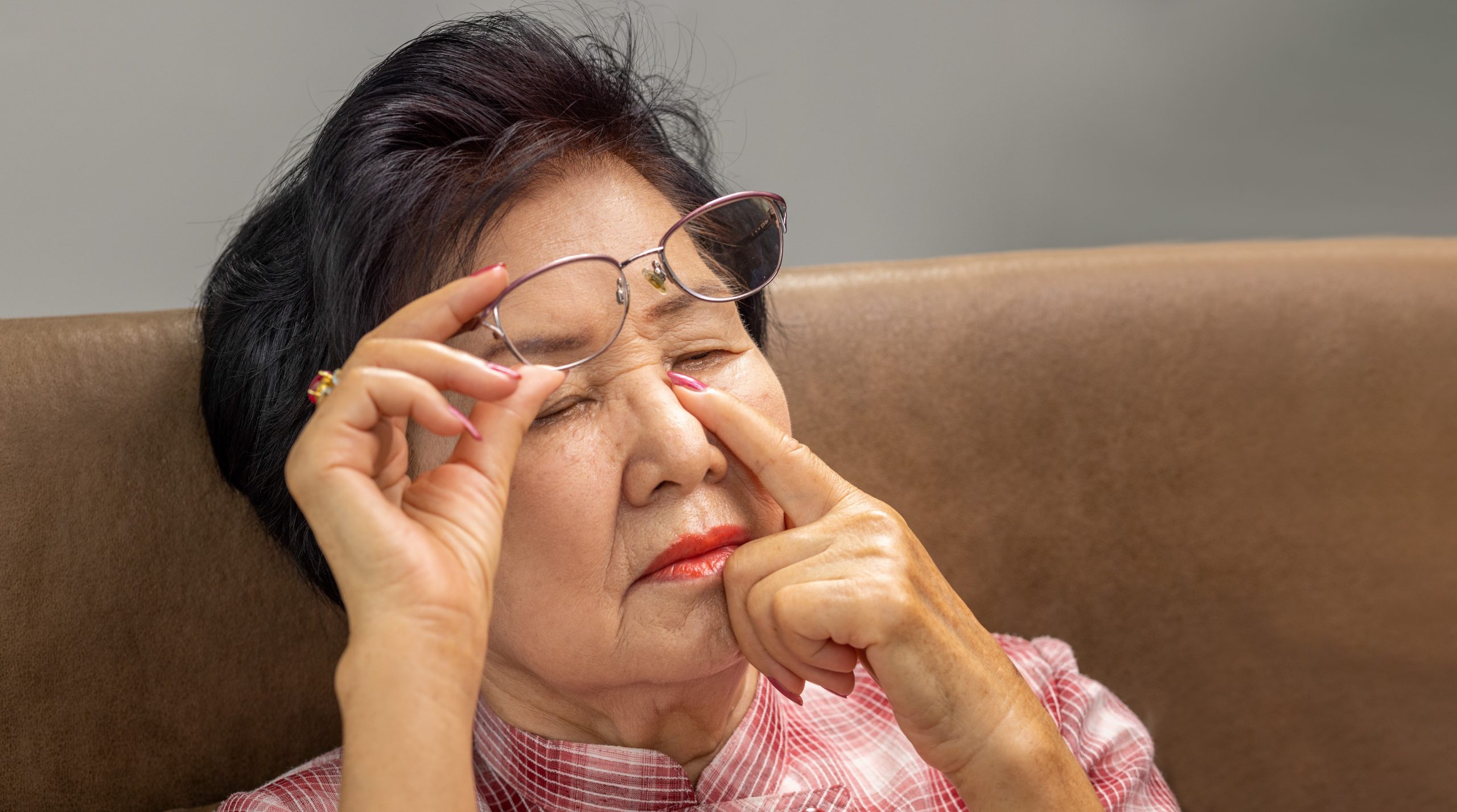Soothing Dry Eye Treatment in Memphis, TN
Living in Memphis has its fair share of perks — stunning scenery, vibrant culture, and endless sunshine. However, the bright sun and climate can also affect your eyes, making them susceptible to conditions like dry eye syndrome (DES).
DES is a common and often frustrating condition affecting millions worldwide. It occurs when your tears cannot adequately lubricate and protect your eyes, leading to uncomfortable symptoms.
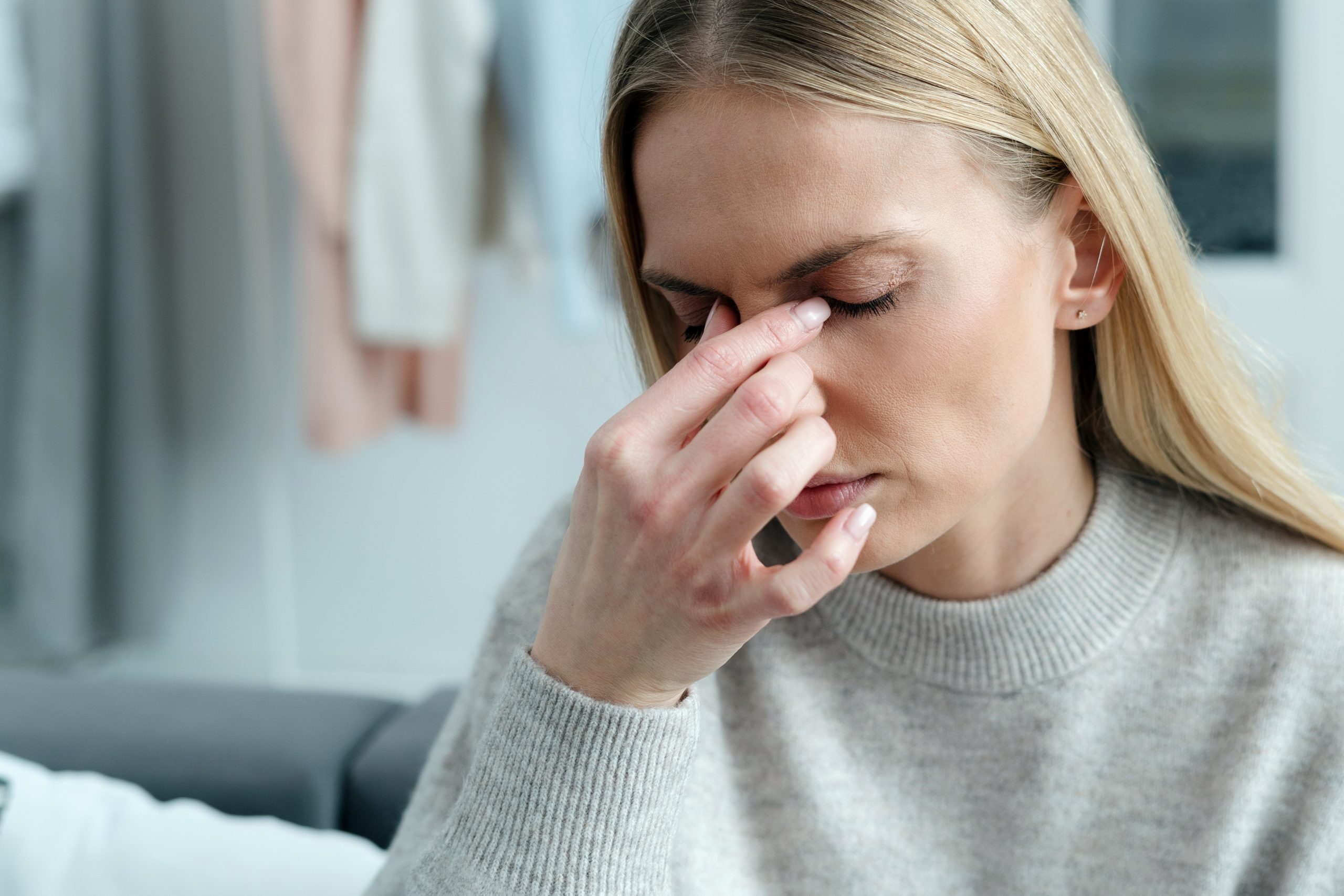
What is Dry Eye Syndrome?
Dry eye syndrome (DES) is a common condition where your eyes lack sufficient moisture or lubrication. DES disrupts the delicate balance of your tear film, a thin layer of tears that coats and protects your eyes. This tear film comprises three layers: an oily outer layer, a watery middle layer, and a mucinous inner layer. When these layers are compromised, the tear film breaks down, leading to dryness, irritation, and vision problems.
Several factors contribute to dry eye syndrome. These include environmental factors like dry or windy climates, prolonged screen time, reduced blinking, aging, certain medications, or underlying health conditions like autoimmune diseases.
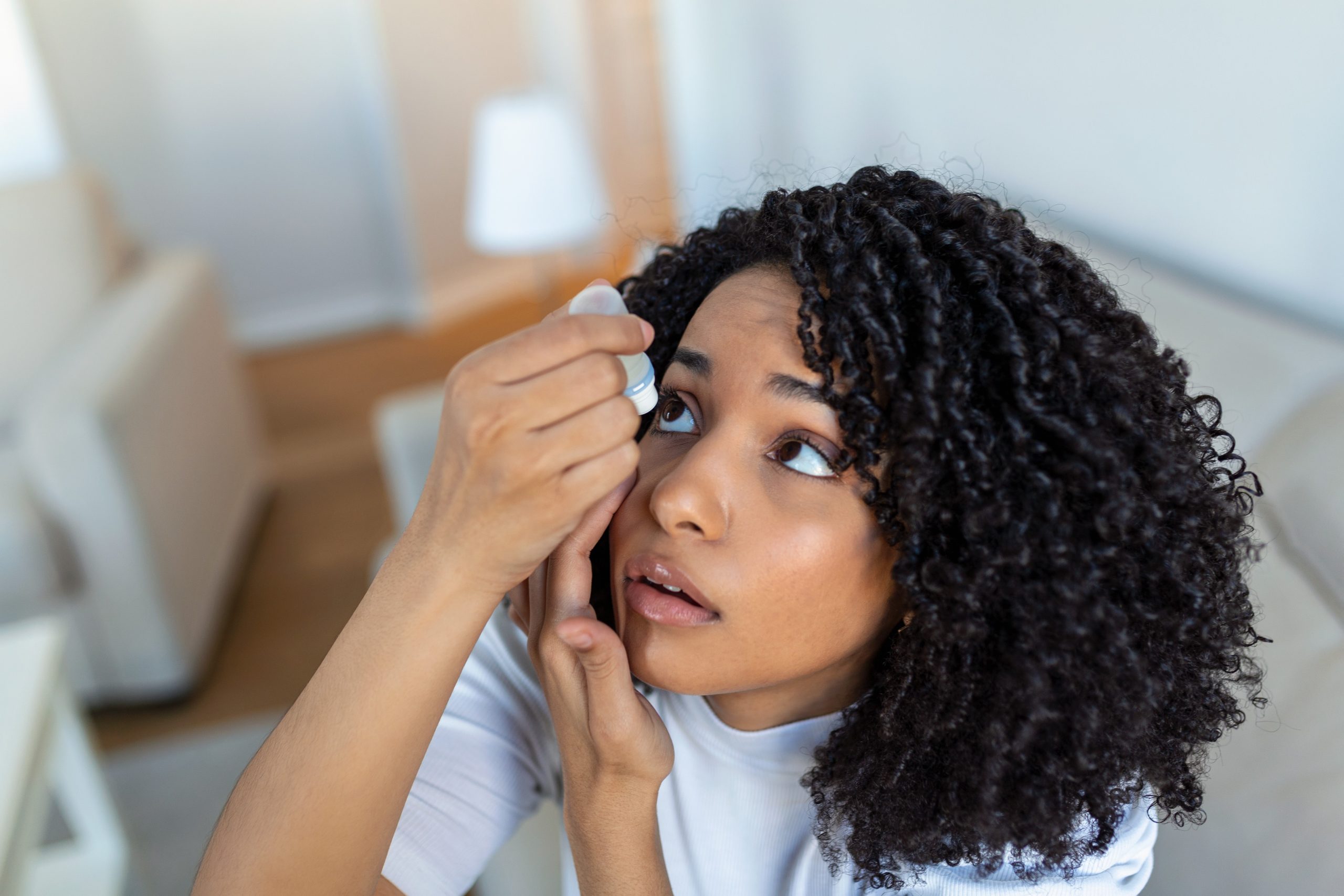
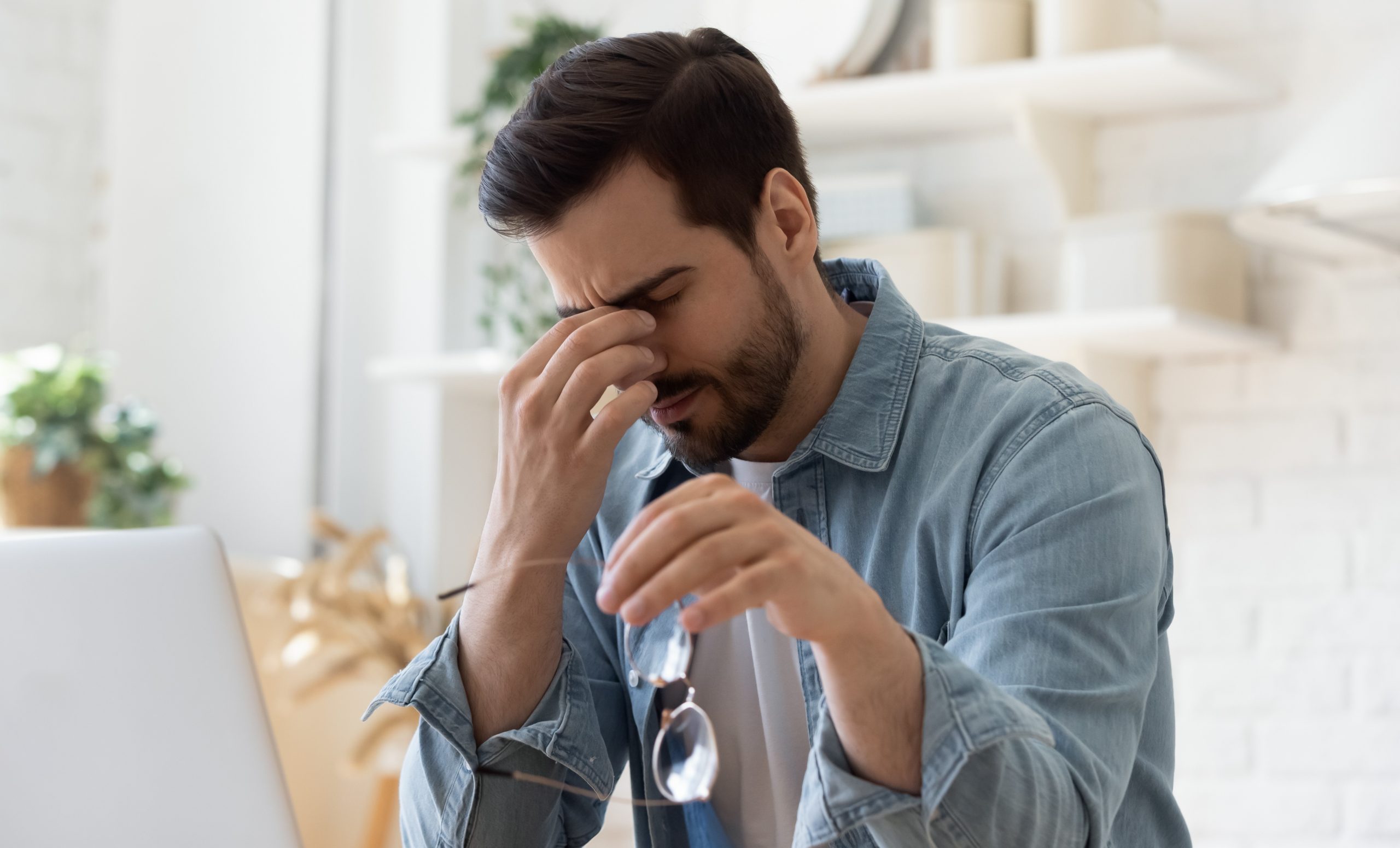
The symptoms of DES can vary from person to person, but they often include:
- Stinging or burning sensation in the eyes
- Scratchy or gritty feeling in the eyes
- Blurred vision, especially after reading or looking at screens for extended periods
- Excessive tearing (paradoxically, in some cases)
- Light sensitivity
- Difficulty wearing contact lenses
Effective Dry Eye Treatments for Quick Relief
If you're experiencing any of these symptoms, seeing an optometrist to get a diagnosis and discuss treatment options is important. Fortunately, there are several effective treatments available for DES, including:
- Artificial tears: These over-the-counter drops can help lubricate your eyes and relieve symptoms.
- Prescription medications: Sometimes, your doctor may prescribe medications to increase tear production or reduce inflammation.
- Lifestyle changes: Avoiding dry environments, using a humidifier, and limiting screen time can all help improve your symptoms.
- In-office procedures: In severe cases, your doctor may recommend punctal plugs or meibomian gland expression to improve tear quality and drainage.
